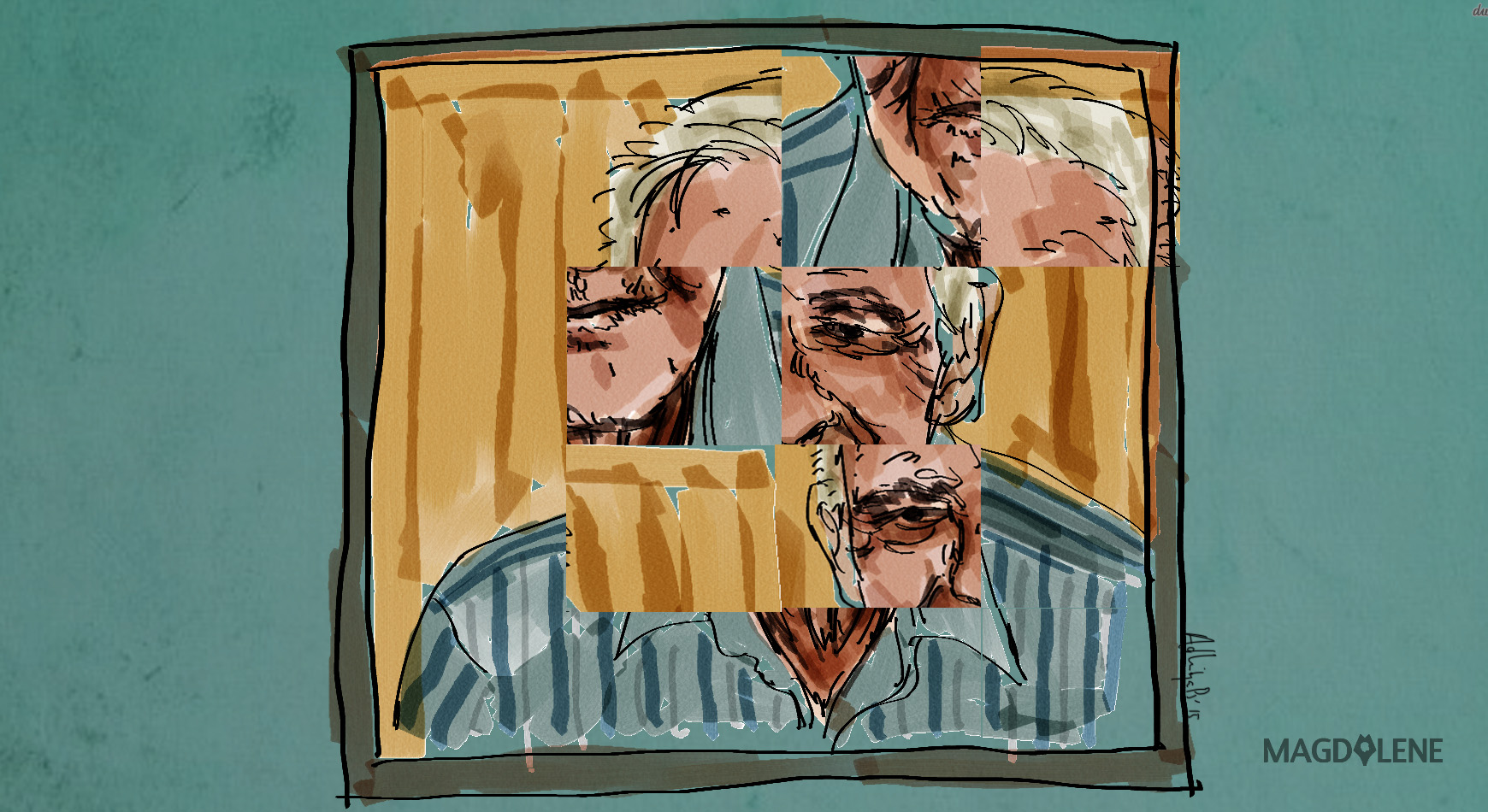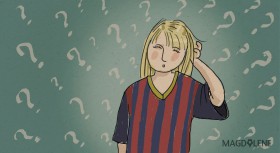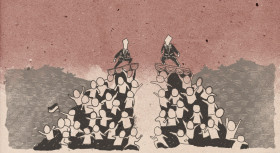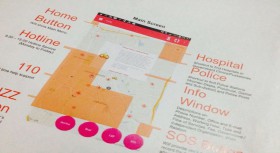I have been bracing for the occasion of my eldest sister’s retirement for some time now. She is now 71 years old and is still working full time. Eventually she has to stop working for Pete’s sake!
My sister was among the first Indonesian women who had it all: a university education, a career, a family to raise, and a role in society. In short, she is of the generation of Indonesian women who had the opportunity to venture freely outside the home. Her life is a sharp contrast to that of our grandmother’s and is considerably different from our mother’s life.
My grandmother did not know how to read or write. Her sole existence in life was to dedicate herself to my grandfather’s well being and to make her children and grandchildren behave impeccably according to the standard of the day. Her domain was her kitchen. She cooked a mean sambel leunca, she massaged our tired legs using homemade coconut oil, and her soothing voice carried us to a deep slumber.
She kept her strength and health although in the end feebleness claimed her lucidity. My parents moved her to a house they built in our compound. In the last years of her life, her routine never varied. She got up in the morning, took her bath, had her breakfast and off she went to the garden to tend to her numerous roses until lunchtime. After lunch, she took a nap, took another bath, sat and shot the breeze with my aunt until dinnertime, then went to bed.
Without fail she followed her routine over and over, day in and day out. I never recall a time when her mood swung high or low, or when she expressed unhappiness or talked about loneliness. I suppose when your horizon is constricted and your options are limited, you are fine with the experiences you have.
My mother was a HBS graduate (Dutch Colonial High School) and did not continue to university because there was not enough money in her family to send a girl to university to become a lawyer or doctor or government official. Instead, she went to work at the municipality where she met my father, a not so young engineer who was too busy to find a wife. She quit her job when they got married and bore children right away, one after another. I am her youngest and my sister is the eldest of four siblings with 10 years separating us.
When the childbearing years were over and the child rearing was delegated to my grandmother and aunt, my mother joined my father’s construction firm as an accountant/scheduler/overseer. She took over the firm, when my father passed away and continued to assume the role of the sole breadwinner, while we were all still in school. She retired when the eldest three siblings completed their university degrees.
My mother attacked and conquered whatever life threw at her, whether it was a lack of opportunity to pursue education, or a lack of opportunity for self-actualization, or functioning well in the construction industry, the pinnacle of a man’s world.
She never stopped learning and reinventing herself to adapt to new situations. During her retirement, she traveled to far flung places on her own, enrolled in martial arts, spruced up her foreign language fluency, volunteered to select girls eligible for scholarships and taught Quran reading. She played basketball with her grandchildren, took them to ice skating rinks and to hunt for rare comic books.
My mother had a colorful and far richer life than that of my grandmother. Unfortunately, she had much more to lose compared to the generation before her. When dementia hit, she sought asylum, in her own words, in my eldest sister’s home. She became a reclusive. She felt she was no longer in control and did not want people to know of her deteriorated condition. As her condition worsened, her self-confidence eroded further.
I have witnessed my grandmother and my mother navigated their old age. My sister’s generation is now approaching theirs. The life experiences of her generation are different from those of preceding generations, and, consequently, their coping mechanism to aging will be different.
They travel far and frequently; they make decisions that affect hundreds if not thousands of people. They partake in complicated negotiations, produce goods with complex formulas, and speak in public, sometimes in foreign languages. They have smaller families; raise their offspring to a higher plane, and supporting them since they have more resources than their parents. They are self-sufficient and proficient problem solvers. There is nothing in this world they cannot do and nothing can stop them.
With these parameters, will my sister and her generation sail seamlessly into their golden age? Indeed, it is the million-dollar question.
Homebound retirement like my grandmother’s or the lifelong learning activities that my mother enjoyed are not going to cut it with my sister’s generation. Because of their high mobility they need an urban infrastructure and public places that are wheelchairs and elder friendly. They will not suffer gladly being treated with ageism.
They need a range of services and products commensurate with their present lifestyles. They need professional caregivers who support their physical needs but also provide stimulating conversation and amicable companionship. Their physical strength may be declining but their cognitive prowess is still intact. They can still contribute to the good of society as part of the workforce or through well placed volunteering.
The need for high-quality diversified and sophisticated services and product is growing rapidly. I am hoping against hope that the supply side is ready to answer the call.
Yes, I am in panic mode.







Comments